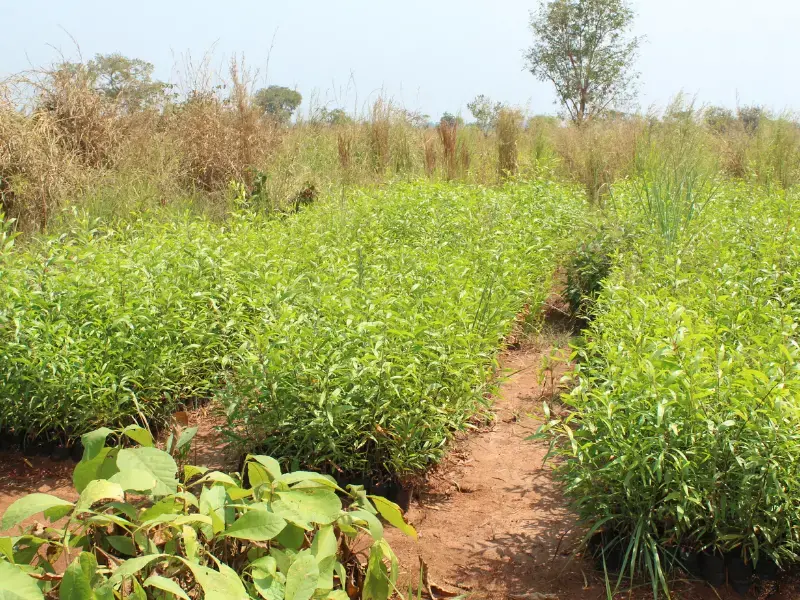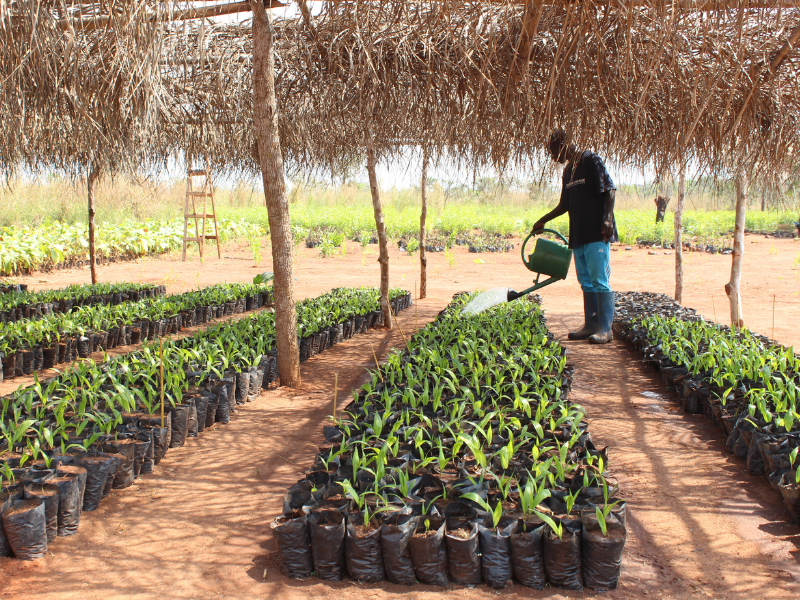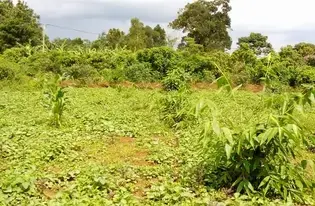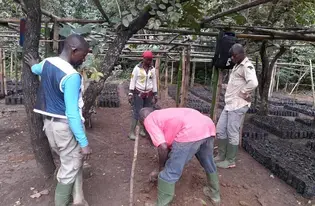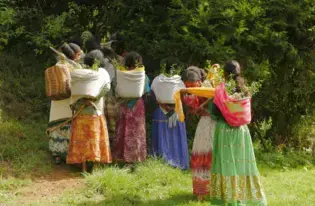The farms, pasture, and rangelands of the Central African Republic (CAR) are full of potential for local people. The country also hosts a diversity of forested land, ranging from dense, humid forests in the South to savannah in the North, which provides timber, firewood, and non-timber forest products (NTFPs).
But slash-and-burn agriculture, increasing demand for firewood, and brushfires linked to bushmeat hunting threaten these natural resources, along with the environmental and economic services they deliver to local populations. While it is still unknown exactly how much of the country’s land is degraded, the high rate of deforestation -- 17% forests in the country’s 13 Southern prefectures were lost between 2000 and 2010 -- shows that there is significant pressure on landscapes.
CAR has also suffered from decades of instability and sluggish growth, growing worse as the political crisis in 2013 threw much of the country into chaos. The vast majority of local people now experience extreme poverty and food insecurity.
Restoring forests and other landscapes that these people rely on will be key to securing the livelihoods of millions of people living in rural areas That is why The Restoration Initiative (TRI) of the Food and Agriculture Organization of the UN (FAO) is working to help communities conserve biodiversity and protect the country’s water and soil.
Between 2018 and 2023, this project aims to achieve four goals: 1) develop sound and integrated public policies that enable restoration, 2) actively restore more than 3,000 hectares and protect an 2,600 ha of forests, 3) build the capacity of local groups to absorb finance through public-private partnerships, and 4) foster relationships to share best practices and knowledge.
Altogether, more than 3 million tons of greenhouse gas emissions will be avoided through 2038. And by building sustainable value chains around restored landscapes, more than 3,000 vulnerable households will have their incomes boosted through activities identified by the local communities and producer groups living in the five project target areas of Bangui, Berbérati, Mbaïki, Bayanga and the North of Mambélé.
Between 2018 and 2023, the Global Environment Facility (GEF) is supporting this project with $6 million USD.
